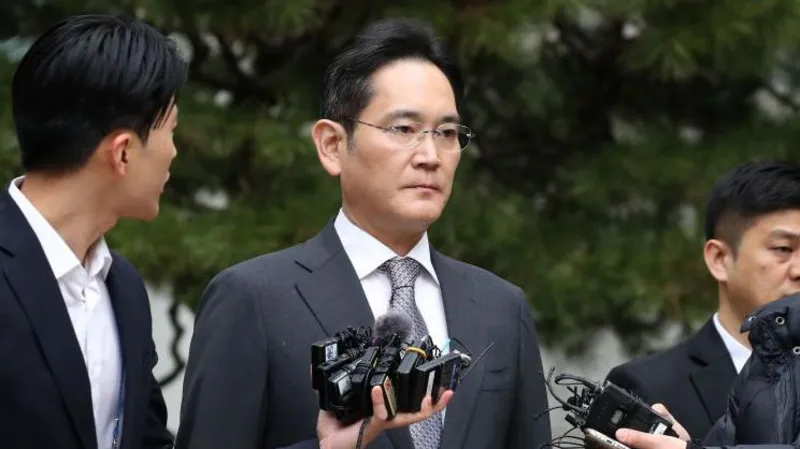Samsung’s de facto leader, Jay Y. Lee, has been acquitted of fraud charges by South Korea’s Supreme Court, marking the end of a protracted legal battle that has shadowed the tech giant for nearly a decade. The court upheld the not guilty verdicts delivered in two previous trials, officially clearing Lee of all charges related to alleged stock manipulation and accounting fraud.
The case centered on an $8 billion merger between two Samsung affiliates Samsung C&T and Cheil Industries in 2015. Prosecutors argued the deal was orchestrated to tighten Lee’s control over the conglomerate, especially following his father Lee Kun-hee’s incapacitating heart attack in 2014. Lee Kun-hee, the long-time patriarch of Samsung, died in 2020 after facing his own legal troubles.
The Supreme Court’s decision affirmed that the merger and the accounting practices at Samsung Biologics were lawful. In a statement, Samsung’s legal team said, “Today, the Supreme Court has clearly confirmed through its final ruling that the merger of Samsung C&T and the accounting treatment of Samsung Biologics were lawful. We sincerely thank the court for its wise judgment following a thorough five-year trial process.”
Lee was initially arrested in 2017 on bribery charges linked to the merger and the alleged support he sought from then-President Park Geun-hye’s administration. Though he served jail time, his sentence was eventually cut short through a presidential pardon, with the government citing his importance to the national economy amid the COVID-19 pandemic.
Lee’s legal challenges have highlighted the ongoing tensions surrounding South Korea’s chaebol system large, family-run conglomerates that dominate the country’s economy but are frequently accused of corruption and opaque governance.
Despite the court victory, Samsung faces ongoing challenges, including sluggish stock performance and fierce global competition in its key markets of semiconductors and smartphones.
With the legal battles behind him, Lee now has a clearer path to steering Samsung through a period of technological transformation and economic uncertainty. The ruling also underscores the enduring influence of chaebol leadership in South Korea’s corporate and political landscape.

